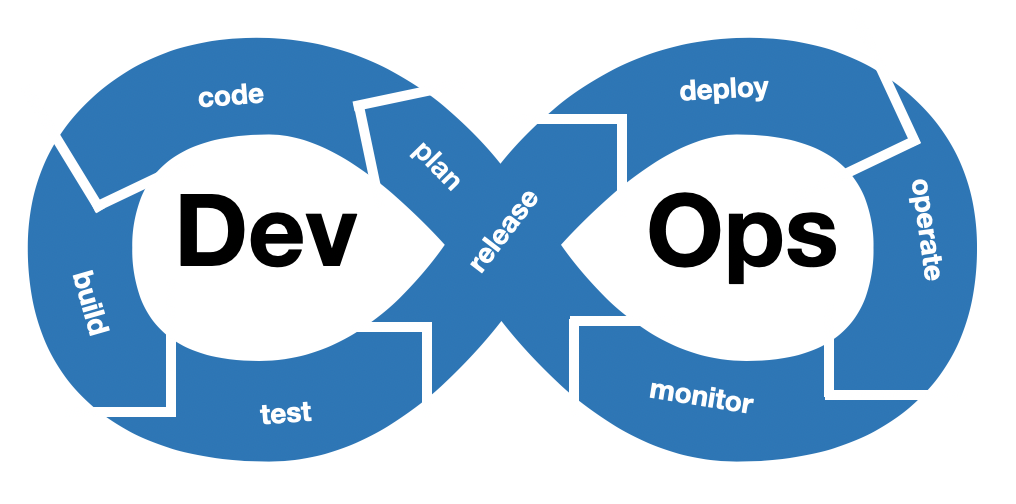From Chaos to Continuity: Just DevOps Thing
DevOps is Magical
Itroduction to the Pre-DevOps Era (2007 Scenario)
Challenges Faced by IT Projects:
The fragmented approach to software development, where developers worked in silos, leading to integration and compatibility issues.
When working on a software project,developers would be adding features,
making bug fixes and other changes.But nobody would ever check to see if those changes worked together with the other components.
The Testing Dilemma:
Software was tested only after months of development, leading to a high probability of failure and expensive debugging processes.
When there was a failure,there would be a series of error messages and those error messages would sometimes not appear until weeks later in which someone would essentially copy the error messages and scramble to try to fix it.
They would try and run the program again, and they would get another set of error messages.
Lack of insight into dependencies and hidden connections could mean changes were extremely expensive and often never happened.
Project costs would often blow out and issues would not be known until the users were reporting them.
If something did go wrong,the downtime could be significant until the fault was found and rectified.
The DevOps Revolution
Introduction to DevOps:
DevOps process that allows us to go through this process of running the program, testing,and fixing bugs much faster leading to features getting released faster and fixes getting out to customers without any downtime.
Process of build, test, deploy, monitor, plan,code, and repeat indefinitely multiple times a day.

Role of a DevOps Engineer
What exactly a DevOps Engineer does apart from writing code is :
designing and implementing a Continuous Integration and Continuous Deployment pipeline also called CI/CD.
Code written is automatically tested,built, confirmed,pushed to the production environment fully automated without any human input.
If something goes wrong, you know straight away that you can do this tens or even hundreds of times a day.
You could be defining dependency management between various parts of a system to monitor and recommend tools to do that management.
Other tasks include security inspections to ensure code doesn't contain common vulnerabilities and exposures also called CDEs.
Managing code quality to ensure bugs are worked out and the program behaves as expected.
Analyzing where applications are hosted in order to optimize performance.
Building infrastructure for new applications in a way that's building infrastructure as code.
And improving the communication between project managers,project stakeholders, and the rest of the company.
Workplace Challenges :
many places dump both developer tasks and operations issues on your desk.
if you walk into a company that already has a more established system and ways of doing things.
introducing new DevOps practices may not be met with open arms or not open.
Challenges and Skills Required
Overcoming Resistance: Address the potential challenges in introducing DevOps practices in established environments.
Essential DevOps Skills:
Configuration: Understanding system configuration with modern tools.
Versioning: Emphasize the importance of versioning for minimizing downtime .
Packaging: how application packaging and dependency is managed and included in it.
Deployment: the way that software is deployed. Where will the application run? What are the hosting options such as which cloud platform i.e deployment strategies and hosting options.
Monitoring: need to monitor solution that's already in production and learn about tools to perform same.
Conclusion
The Impact of DevOps: Summarize the transformative effect of DevOps on the IT industry, reducing project costs, and enhancing efficiency and product quality.
Future of DevOps: Offer insights into the evolving role of DevOps and its growing importance in cloud computing and IT infrastructure management.
Technology Stack :
Configuration: Mastery in automating and managing configurations to ensure consistency across environments, utilizing tools like Ansible, Chef, Puppet, or Azure Automation, depending on the platform.
Versioning: Deep understanding of version control systems like Git to manage code changes and collaborate efficiently. This minimizes downtime by enabling quick rollbacks and easy feature management.
Packaging: Knowledge in containerization technologies like Docker and orchestration tools like Kubernetes to package applications and dependencies, ensuring consistent deployments across environments.
Deployment: Familiarity with CI/CD pipelines and deployment strategies (blue-green, canary, etc.), and hosting options across cloud providers like Azure (Azure App Service, AKS) and AWS (ECS, EKS) to automate and manage deployments.
Monitoring: Proficiency in using monitoring tools like Prometheus, Grafana, Azure Monitor, or Amazon CloudWatch to track application performance, troubleshoot issues, and ensure high availability and reliability.

